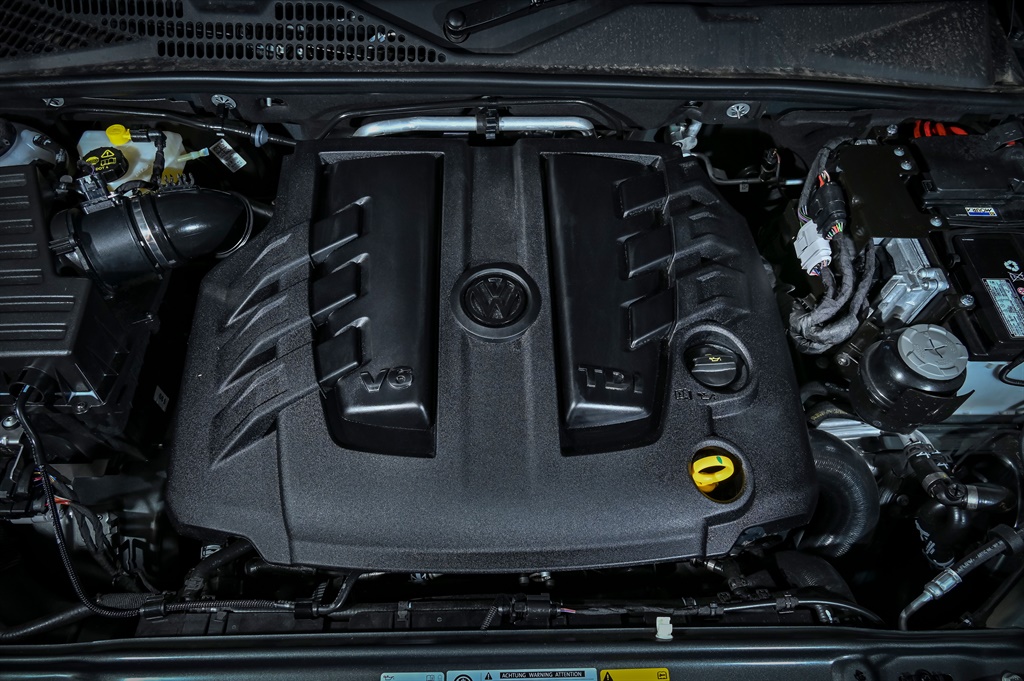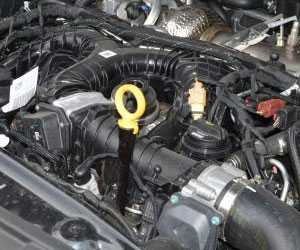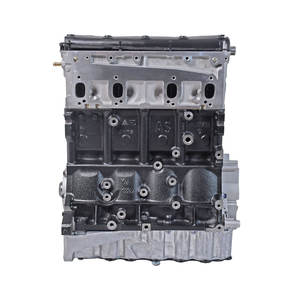Important Factors To Consider and Tips for Picking the Right Engine for Your Needs
Selecting the right engine is a complex choice that needs cautious consideration of various variables to guarantee ideal efficiency for your specific requirements. The complexities of engine option expand beyond these fundamentals, triggering a better examination of critical components that can eventually impact your satisfaction and success.
Determine Your Objective
Establishing your objective is a vital very first step in picking the right engine for your demands. Comprehending the certain application you want will certainly assist your decision-making procedure and guarantee that you pick an engine that straightens with your functional needs. Whether you need an engine for an industrial car, commercial machinery, or an entertainment project, each circumstance demands various performance features and capabilities.
Think about the environment in which the engine will certainly run. Will it be subjected to hefty lots, extreme temperature levels, or prolonged usage? Examining these elements will certainly aid you determine the required power result, fuel performance, and longevity needed to fulfill your objectives.
Furthermore, consider the long-term implications of your option. Budget plan restraints, upkeep needs, and schedule of components are vital factors to consider that will certainly affect your general satisfaction and operational effectiveness.
Eventually, verbalizing your function will simplify the option process and equip you to make an educated decision. By plainly defining your purposes, you can evaluate possible engines better and pick one that not just fulfills your present needs yet additionally sustains your future goals.
Evaluate Engine Requirements
When you have clearly articulated your purpose, the following step is to examine engine requirements. This process includes a detailed exam of various technical details that can substantially influence efficiency and viability for your intended usage.
Begin by analyzing the engine's horsepower and torque ratings. Horse power is vital for figuring out the engine's ability to do job, while torque is vital for understanding just how well it can deal with heavy tons or acceleration. Additionally, take into consideration the engine variation, as it commonly correlates with power result and effectiveness.
Following, take a look at the engine typeâEUR" whether it is a gasoline, diesel, or different fuel engineâEUR" as each type has distinctive attributes and applications. Take note of the engine's arrangement (e.g., inline, V-type), as this can impact dimension, weight, and overall efficiency.
Another essential element is the engine's air conditioning system, which can influence reliability and maintenance requirements. Last but not least, evaluate the supplier's track record and warranty offerings, as these can provide insights into long-lasting efficiency and assistance. Thoroughly examining these specs will help guarantee that you choose an engine that straightens with your functional goals and certain needs.
Consider Fuel Efficiency
Fuel performance is a critical element to consider when choosing an engine, as it straight influences functional prices and environmental sustainability. An engine's fuel efficiency is commonly gauged in miles per gallon (MPG) for cars find more information or in details fuel intake (SFC) for airplane and marine engines. Greater fuel performance not just decreases the quantity of gas eaten yet likewise reduces greenhouse gas emissions, making it a liable selection for eco-conscious consumers.
When assessing engine options, it is vital to analyze the driving problems and meant use. Engines optimized for her response freeway driving might display much better fuel performance contrasted to those created for stop-and-go web traffic. Furthermore, consider the engine's technology, such as turbocharging or hybrid systems, which can significantly improve gas performance.

Assess Maintenance Demands

Some engines might need more frequent oil changes, filter replacements, or specialized servicing, which can influence your functional downtime. Engines with widespread popularity normally have much better parts availability, minimizing lead times throughout fixings.
Another vital element is the technological competence needed for upkeep. Some engines might require customized training for specialists, which might restrict your alternatives for solution providers. Evaluate whether the engine's design permits for simple access to parts usually needing maintenance, as this can considerably influence labor expenses.
Spending Plan Your Financial Investment
Comprehending maintenance requirements is just find out one facet of picking the ideal engine; economic factors to consider play a similarly essential role (amarok engine for sale). Developing a clear spending plan is critical, as it affects not just the preliminary purchase rate yet likewise long-lasting operational costs
When budgeting, take into consideration both the ahead of time expenses and continuous expenses such as fuel effectiveness, maintenance, and potential repair work. An apparently inexpensive engine might incur greater expenses over time as a result of poor gas economic climate or frequent upkeep needs. In addition, examine the availability and price of spare components, as well as the service warranties provided by manufacturers, which can give monetary defense versus unpredicted expenses.
It is additionally smart to variable in possible funding choices or leasing setups, which can ease instant economic worries. Stabilize your need for sophisticated functions with your budget plan constraints, making certain that you spend in an engine that satisfies your efficiency requires without jeopardizing monetary security.
Inevitably, a well-shaped spending plan will equip you to make enlightened decisions, aligning your engine choice with both your functional requirements and financial abilities, bring about a more sustainable investment in the future.

Verdict
In final thought, choosing the suitable engine requires a thorough understanding of specific needs and applications. Mindful analysis of engine requirements, gas performance, and upkeep requirements is vital for educated decision-making.
Gas efficiency is an important element to take into consideration when selecting an engine, as it directly affects functional prices and ecological sustainability. An engine's gas effectiveness is typically determined in miles per gallon (MPG) for vehicles or in specific gas usage (SFC) for airplane and aquatic engines. Diesel engines typically supply better gas effectiveness than gasoline engines. Eventually, choosing an engine with a solid emphasis on fuel effectiveness can lead to substantial lasting financial savings and contribute favorably to environmental initiatives. Cautious evaluation of engine requirements, fuel performance, and maintenance requirements is important for notified decision-making.
Comments on “Your Ultimate Source for Amarok Engine for Sale-- Reliable Engines for every single Requirement”